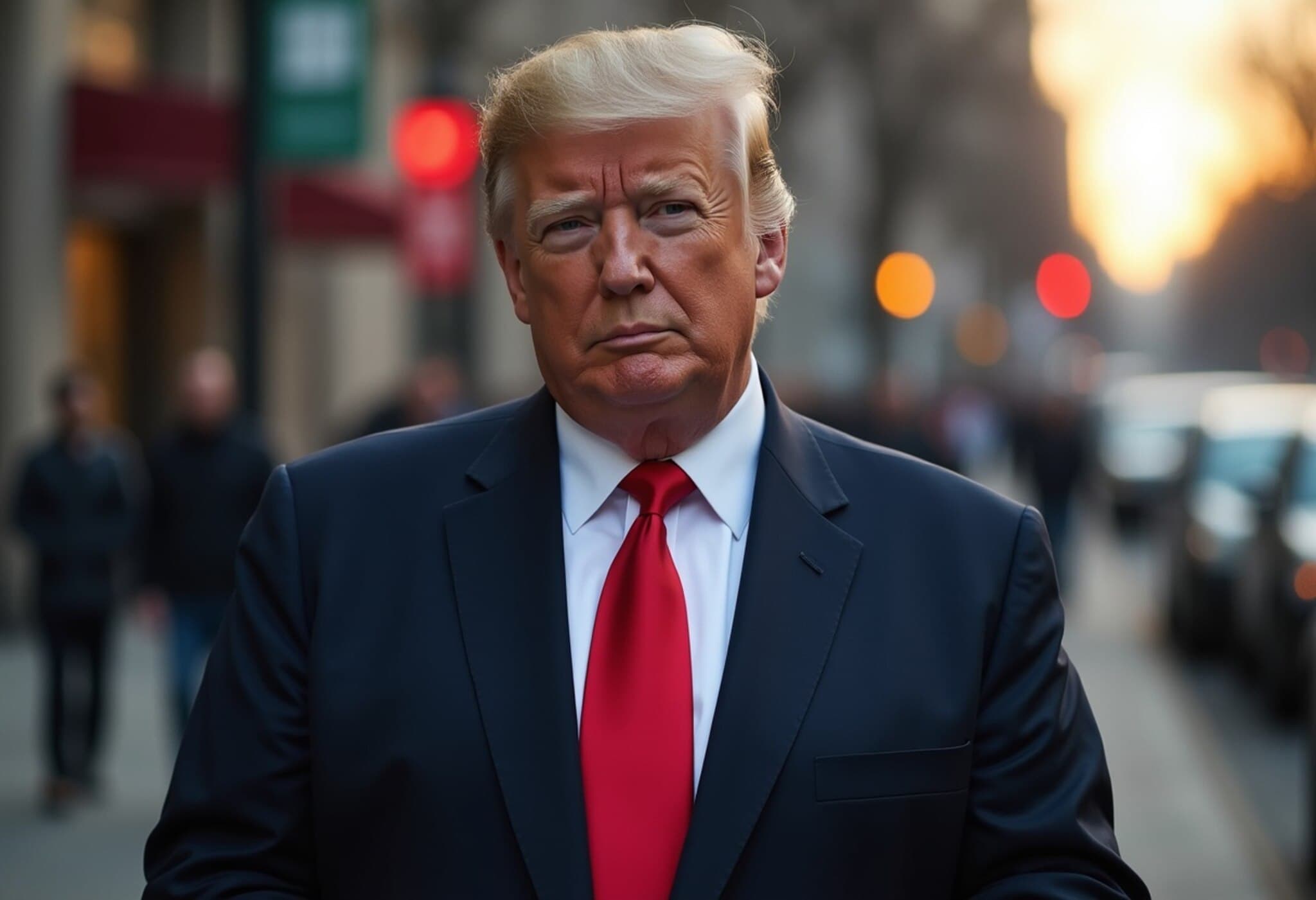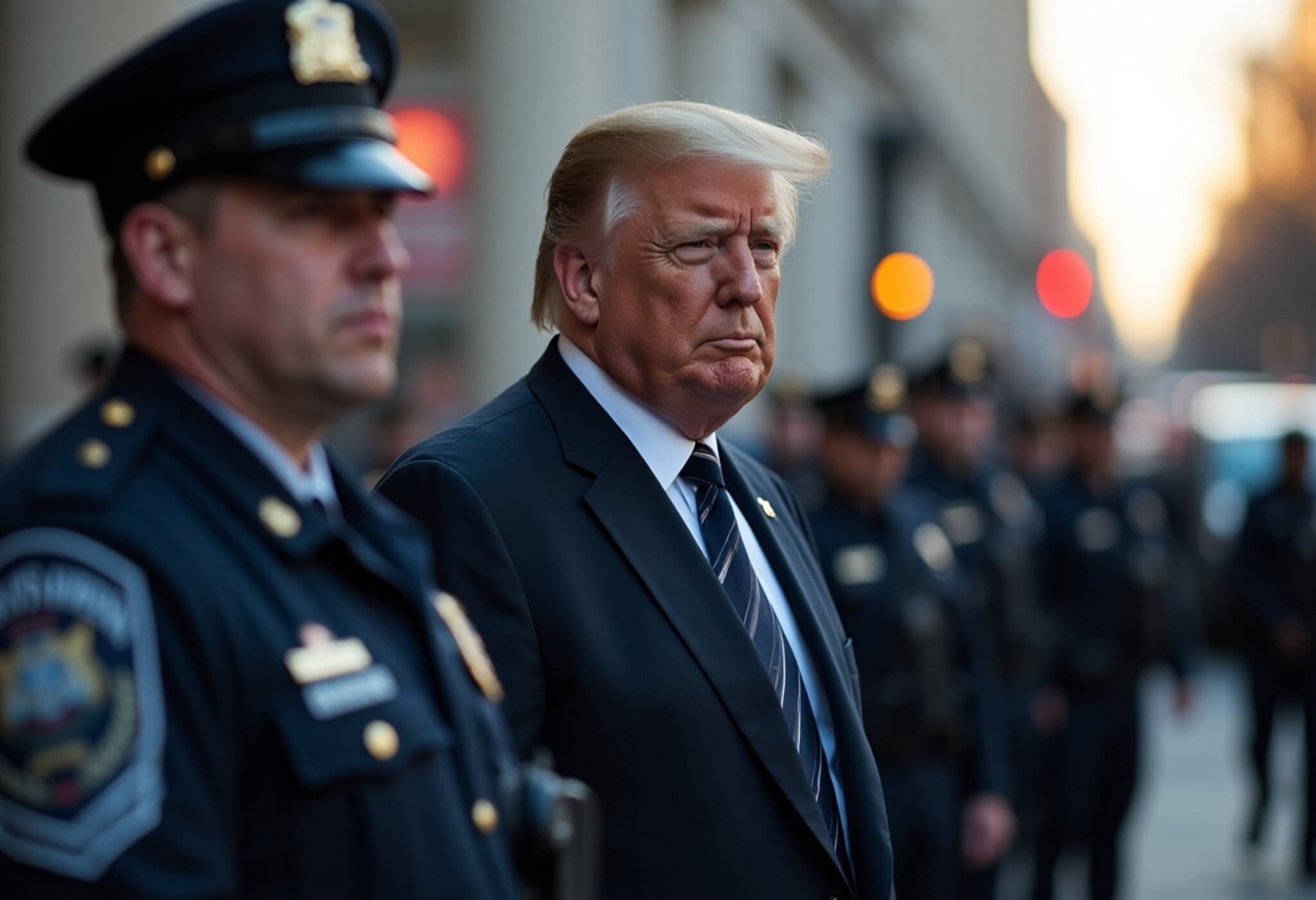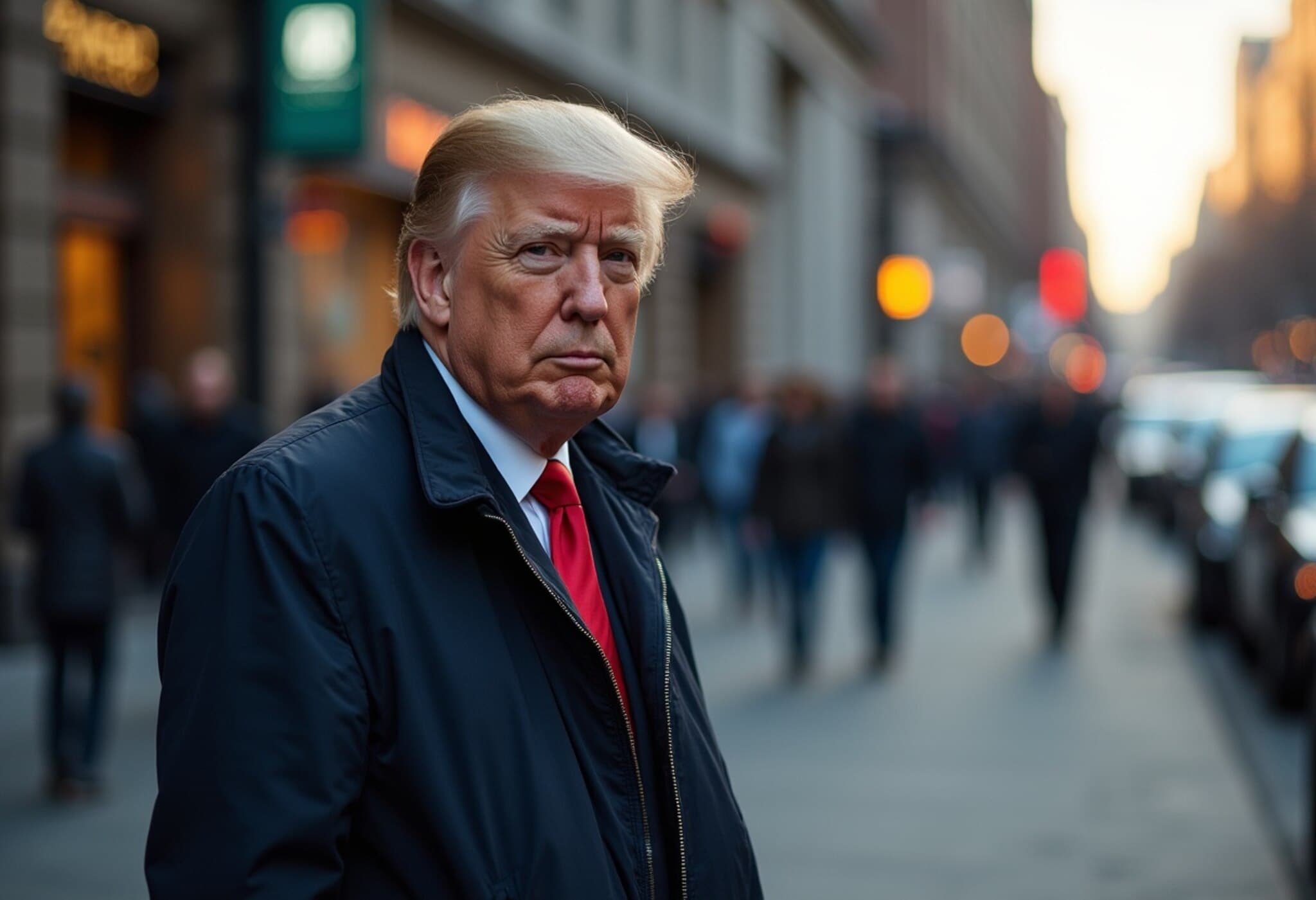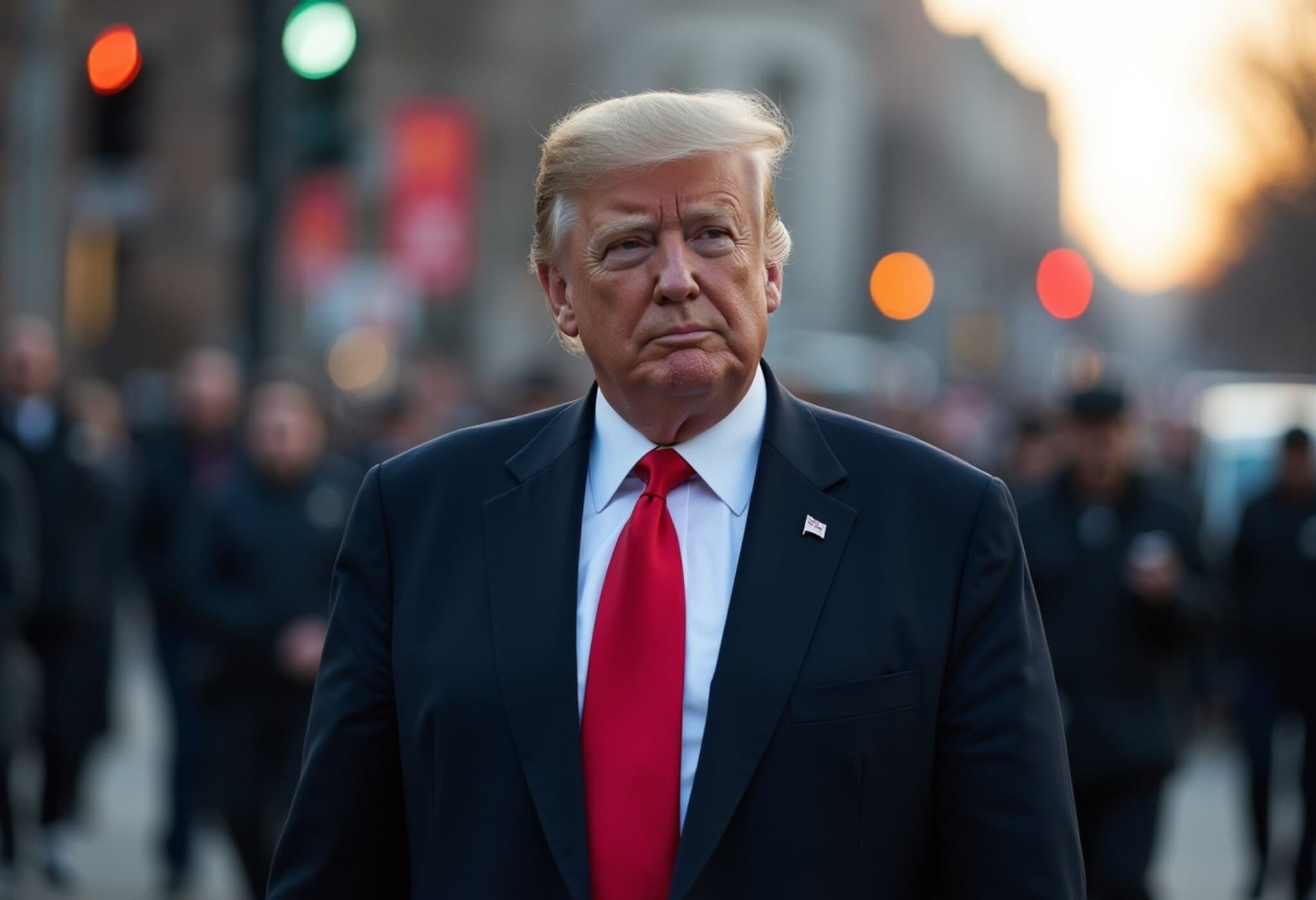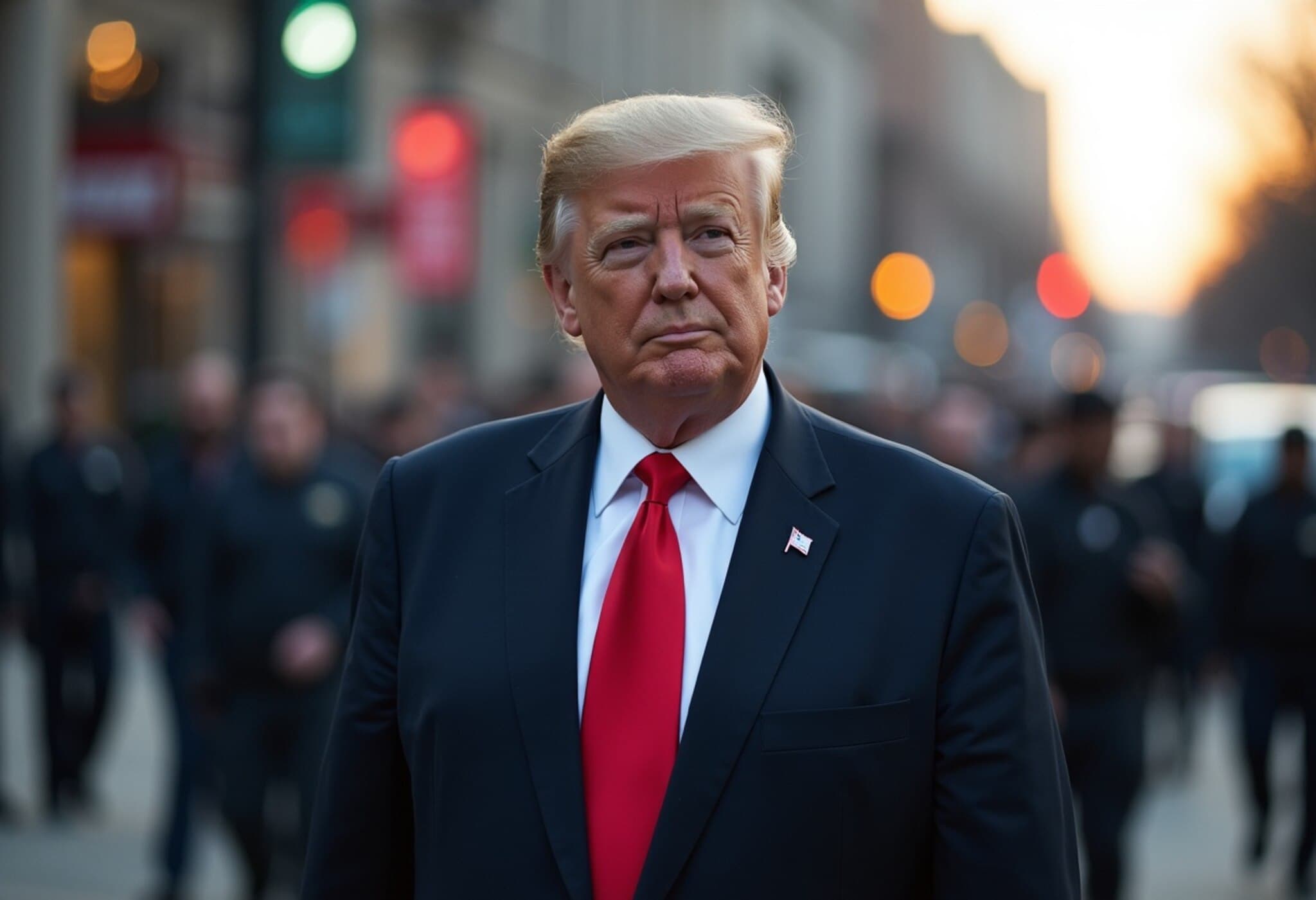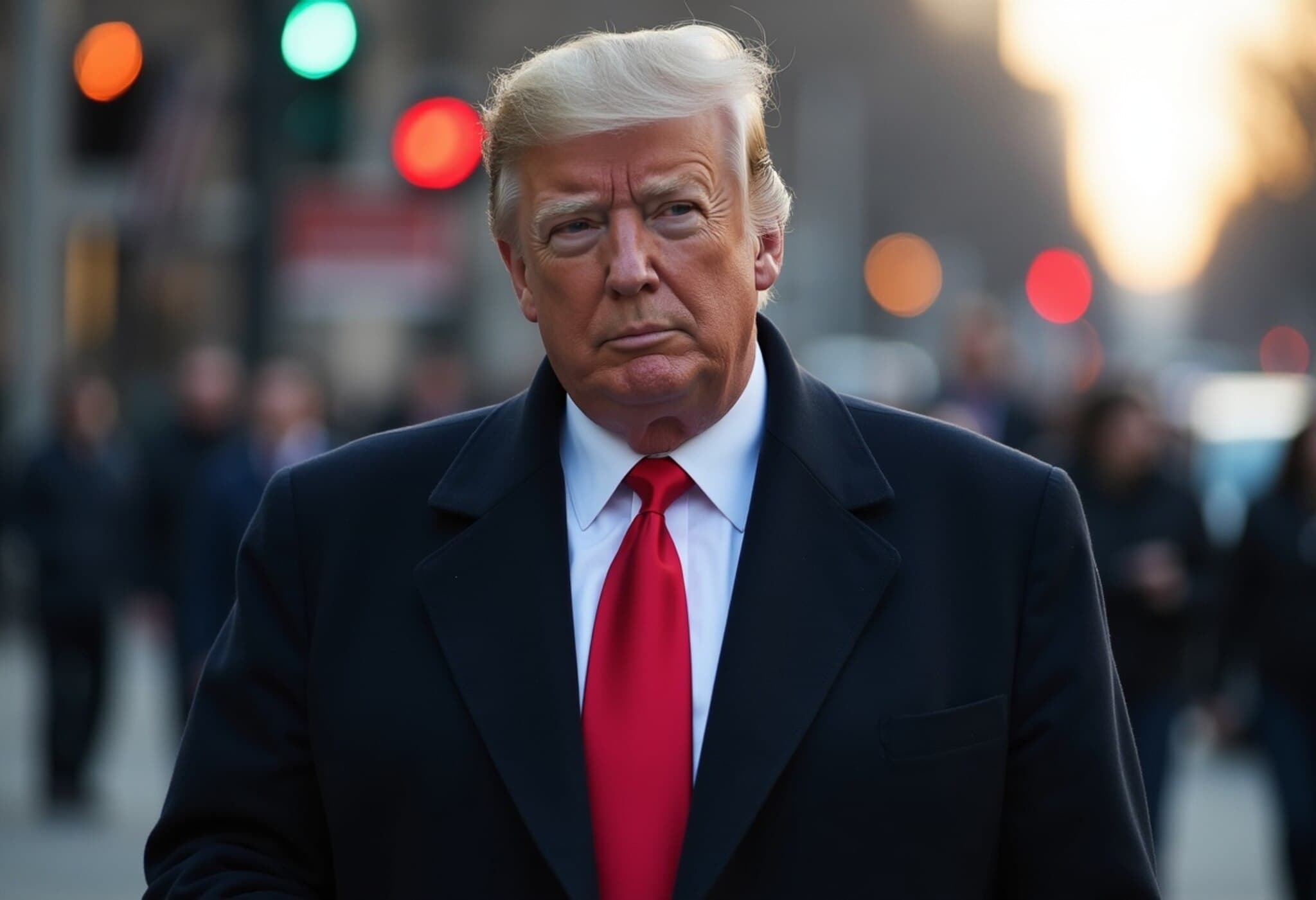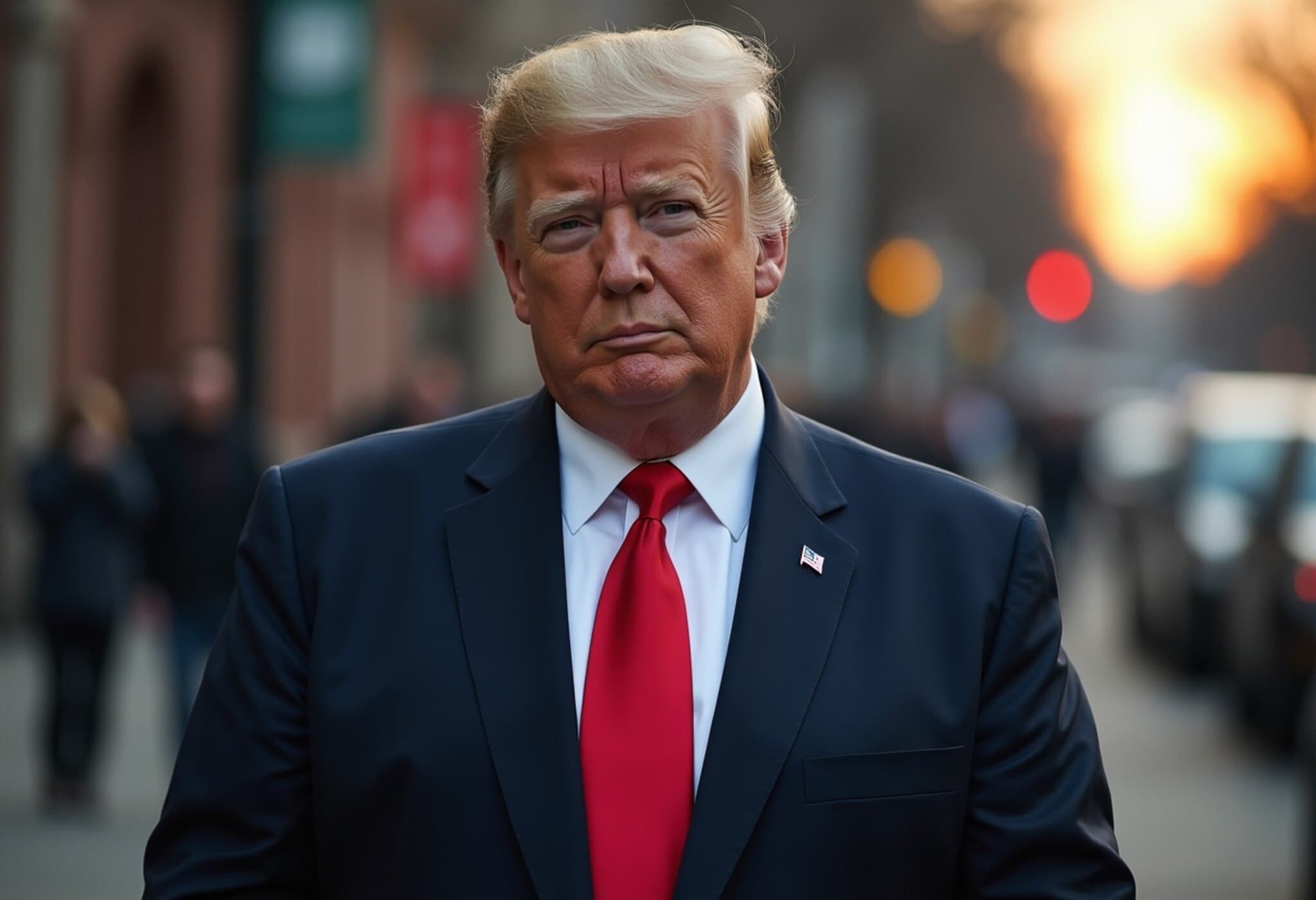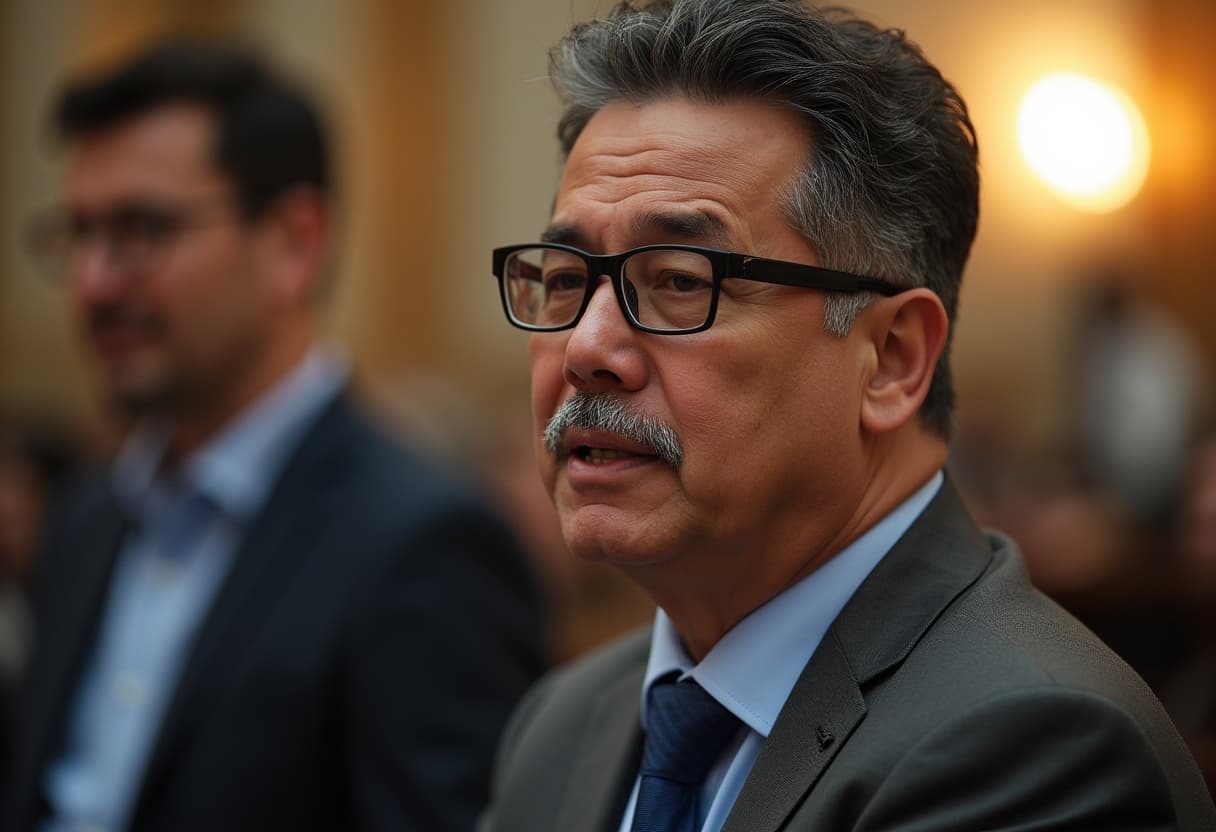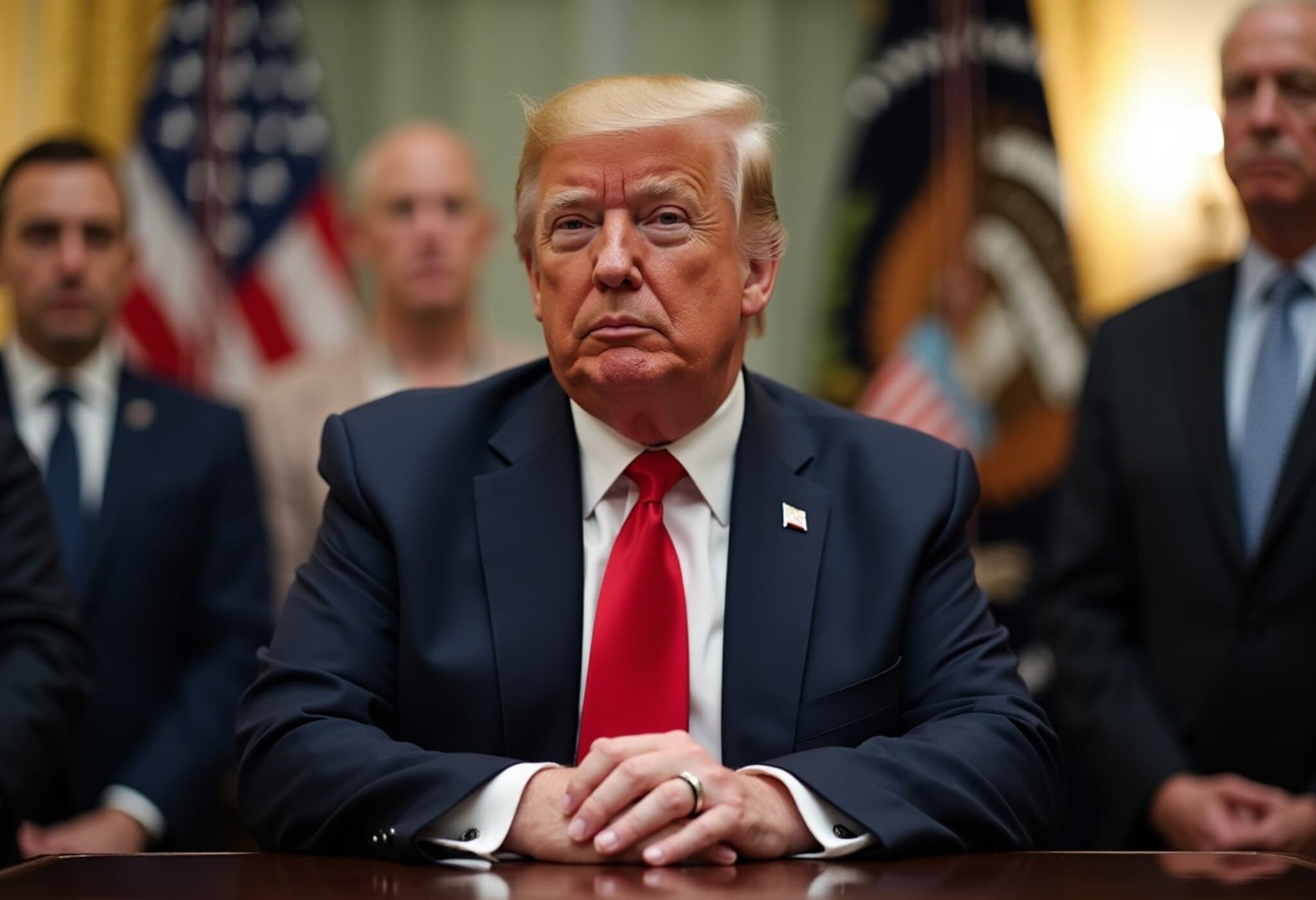Trump Demands Tougher Crime Measures in Washington, D.C., Citing Youth Violence
On August 6, 2025, former U.S. President Donald Trump reignited the debate over crime in the nation's capital by calling for stringent legal action against juveniles as young as 14 years old. In a forceful message posted on Truth Social, Trump described crime in Washington, D.C., as "totally out of control," emphasizing violent acts allegedly committed by local teenagers and gangs.
He claimed, "Local 'youths' and gang members, some only 14, 15, and 16-years-old, are randomly attacking, mugging, maiming, and shooting innocent citizens," and sharply criticized the city’s criminal justice system for swiftly releasing these offenders. Trump also shared a graphic image of a seriously injured youth, stating the victim had been "beaten mercilessly by local thugs," though specifics about the incident were not provided.
Calls for Prosecuting Minors as Adults and Federal Oversight
Trump proposed changing D.C. laws to prosecute minors as adults starting at age 14 and imposing long-term incarceration. He suggested that if local authorities failed to improve public safety, the federal government should take control of the city’s law enforcement operations.
"If D.C. doesn’t get its act together, and quickly, we will have no choice but to take Federal control of the City, and run this City how it should be run," Trump warned.
FBI Data Contradicts Claims of Rising Violent Crime
Ironically, Trump’s grim characterization runs counter to new data released by the FBI on the same day. The bureau’s 2024 crime report reveals a nationwide 4.5% decrease in violent crime, including notable reductions in murders, robberies, rapes, and aggravated assaults. Property crime and hate crime rates also dropped compared to the previous year.
The information, gathered from over 16,000 law enforcement agencies covering 95% of the U.S. population, paints a broader picture of gradual improvements in public safety across many urban and suburban areas. FBI Assistant Director Timothy Ferguson, during a press briefing, acknowledged ongoing incidents but emphasized the downward trend in overall crime figures.
The Political Dimension of Crime Rhetoric
Trump has consistently spotlighted crime as a core political issue, often framing American cities as dangerous and chaotic. At a campaign rally near Detroit in 2024, he declared, "You can’t walk across the street to get a loaf of bread. You get shot, you get mugged, you get raped," a depiction that many critics say exaggerates the reality to stoke fear and gain political traction.
This divergence between political rhetoric and official statistics raises important questions about how crime is discussed in public discourse and policy-making. While crime concerns are legitimate and affect communities deeply, especially in certain neighborhoods, it’s crucial to balance alarmist claims with empirical evidence to avoid misleading the public and influencing policy based on perception rather than facts.
Expert Insights: The Complexities of Juvenile Crime and Federal Intervention
Legal experts caution that prosecuting minors as adults—a policy Trump advocates—has far-reaching social and ethical implications. Studies suggest such measures often fail to deter youth crime and can lead to higher recidivism rates. The juvenile justice system aims to rehabilitate teenagers, recognizing developmental psychology and the potential for reform.
Furthermore, the idea of federalizing Washington, D.C.’s law enforcement echoes past debates about local versus federal control but raises constitutional and governance challenges. The District’s unique status means that federal intervention would require navigating complex legal and political terrain, with implications for democratic accountability and civil rights.
Looking Ahead: A Call for Balanced Dialogue and Evidence-Based Policies
This episode underscores the ongoing tension between crime perceptions and realities in American cities. As policymakers, media, and citizens grapple with public safety issues, moving beyond partisan soundbites towards nuanced, data-informed conversations will be crucial to crafting effective solutions that respect legal frameworks and community well-being.
Editor’s Note
Donald Trump’s recent statements on crime in Washington, D.C., bring to light the persistent challenges and political divides surrounding urban safety and juvenile justice. While his call for prosecuting minors as adults and potential federal takeover reflects frustration and urgency, the contrast with FBI data suggests the need for cautious analysis. Readers might reflect on how crime narratives shape policy and public sentiment, questioning:
- What are the long-term consequences of treating juveniles as adult criminals?
- How can federal and local governments collaborate effectively without overriding community autonomy?
- In an age of information, how do we critically assess crime statistics versus emotional appeals?
Informed, empathetic dialogue remains essential for addressing the complex social fabrics where crime intersects with justice and governance.

